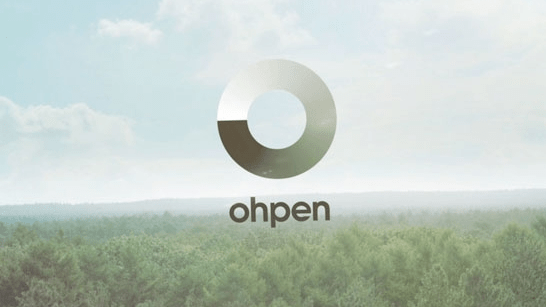Matthijs Aler is the CEO of Ohpen. Ohpen is a ruthlessly effective, cloud-native core banking engine. Matthjis has been working in online investment management since 2001. Matthijs believes managing company spend is easier when your policies are in order. Here’s what Ohpen did weekly to get through lockdown, what they kept a closer eye on and how transparency was a big deal for them.
Establishing spending rules
When it comes to spend management, Matthijs believes in organising day-to-day operations through spending policies and procedures. If employees know these rules, the business can prevent rogue spending.
You can also limit the payment methods that are available to employees, especially during a crisis. The more people with business credit cards and signing authority, the more spending you’ll see that wasn’t budgeted for.
To complement this, the finance team should follow their own monthly procedures of closing the books, creating balance sheets and sharing cash flow updates.
When management has access to these insights, they can help identify unnecessary spending and take proper measures.
Keeping the team in the loop
At Ohpen, transparency is key. Matthijs is in favour of opening up communication channels with the team. As CEO, he often gives them updates and shares insights into the financial performance of the company – including funding rounds, cash flow prognosis and cash runway.
This applies to the management team, as well. They have monthly sessions with Matthijs to talk about the numbers the team should be focusing on or need to evaluate.
It helps when everyone’s on the same page. And with the COVID-19 crisis, the more information everyone has on the company situation, the easier it is for them to find answers to their problems.
Predicting the near future
In the past few months, Ohpen spotlighted cash flow metrics to monitor closely. This included revenue, costs, budgets and actuals.
They also made sure that client payments were in order and on time. By keeping their own invoicing and debtor management well organised, they could easily identify which clients were struggling to pay for invoices when they were meant to.
In a normal year, Ohpen have 12-month forecasts. But given current uncertainty, they planned for the next three and six months ahead using a week-by-week plan. In it they account for all fiscal clients and creditor/debtor-related elements.
This gives them a good view of what to expect from the business in the near future – a critical strategy in surviving a crisis.
Automating to fight the crisis
It’s essential for Ohpen to have a strong Order-to-Pay process. They’ve implemented an automated system to account for risk and the procurement process. Now, they can see factors such as unit price, risk, and frequency of orders on a granular level.
Automation allows them not only to make smarter decisions based on accurate information, but also to verify whether creditor invoices match each order.
It speaks to the value of upgrading traditional processes. In difficult times, automation can play a big role in your business’ survival.


